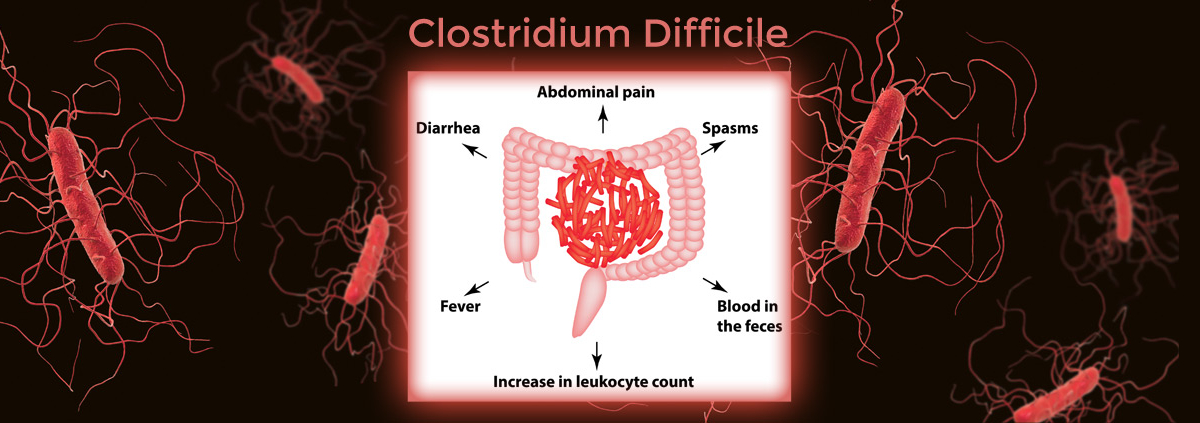Can Probiotics Prevent C. Diff?
Probiotic research is hot right now. Researchers are trying to figure out what these beneficial microbes can do for our health for a number of reasons. What types of infectious diseases can be prevented, whether food-borne or not? What are the best microbes to treat specific conditions? After all, there are estimated to be around 5,400 different bacteria, yeasts, and fungi. Which ones are best for an E. coli infection? Or salmonella? How about inflammatory bowel disease? Can probiotics benefit other organs in the body by not allowing negative bacteria to enter the blood stream? The questions are almost endless at this point.
We may be starting to get some answers. This week I’m going to focus on the role probiotics may play in preventing clostridium difficile, commonly known as C. diff, infections in people who’ve had to take antibiotics for different diseases. Antibiotics are beneficial when we need them but they do not discriminate; they kill microbes whether they’re beneficial or not. As a result, our gut bacteria—our microbiome—can be decimated. As a result, people who are on heavy doses of antibiotics are prone to C. diff infections. While treatable in most cases, it can have devastating effects on some people including severe pain, cramping, and uncontrolled diarrhea. Not fun!
The authors of a recent paper examined whether probiotics, administered with courses of antibiotics, helped to reduce the rate of C. diff in patients. A Cochrane Review paper examines all available studies from around the world, ranks the quality of the research, and analyzes all the data. Some of the authors of that paper published a summary of that review in JAMA. We’ll take a look at the results on Thursday.

Tomorrow is the anniversary of the launching of the new DrChet.com website. This past weekend I was speaking in Texas, and several people who are Insider members said that the free monthly Insider Conference Calls were very informative and helped their personal health and the health of their family and clients. Think about becoming an Insider as we begin our second year of memberships.
What are you prepared to do today?
Dr. Chet
References:
1. JAMA. doi:10.1001/jama.2018.9064.
2. Cochrane Database Syst Rev. 2017 Dec 19;12:CD006095.









